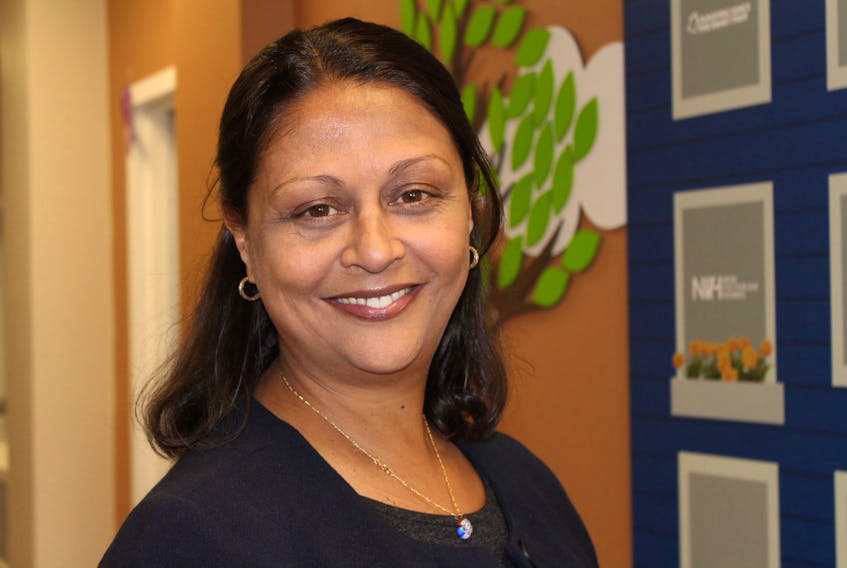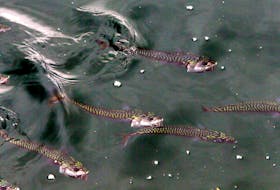ST. JOHN'S, N.L. — The initiative was intended to begin in January, but after derogatory comments were made by two men on a PAL Airlines flight, the Newfoundland and Labrador Human Rights Commission is beginning its work now on an anti-racism action plan.
Executive director Carey Majid said the organization has received increased complaints lately.
“Not formal complaints, but just stories of people who are Indigenous or who are racialized people, and those sorts of stories really haven’t been told here in Newfoundland and Labrador," she said.
“But I see this stuff about PAL Airlines, and I see the comments, like, people think this is wrong. So, that’s encouraging. I didn’t see really anything defending the actions.”
Majid is referring to the behaviour of two St. John’s men, Dave Beck and Thomas Scott, who were on a flight Monday from Happy Valley-Goose Bay to St. John’s.
Former member of Parliament Peter Penashue was on the flight, and tweeted about their behaviour, saying they made “all kinds of derogatory comments” about Indigenous people.
“They called Tony Andersen, a respected Inuit leader, ‘Eskimo,’ and said he ‘smelled’ as he walked by isle (sic),” he wrote, followed by a second tweet: “There was an Innu woman speaking on the phone across the isle and one of the men said, ‘What's that funny language?’ and another mimicked the sounds.”
Beck and Scott were later fired from their jobs, banned from Churchill Falls, where they were working, and indefinitely banned from future PAL Airlines flights.
On Thursday, both men offered apologies in an interview with CBC News, and denied being racists.
Majid said she believes there has to be consequences, but she also believes firing and banning the men is a Band-Aid solution to a larger problem.
“I think that there’s maybe room for forgiveness, or some sort of learning, but that takes a lot of work. It’s not enough to just say, ‘Oh, I’m sorry.’ You’ve got to really learn from it and change.”
She said this particular instance might be an opportunity for restorative justice.
“Because harm has happened to not only those people on the plane, but the larger community.”
While Majid said she personally believes there has to be consequences, she also wonders if this is an opportunity for education and change.
“Is there not room for reconciliation? Forgiveness? Understanding? I don’t know.”
She said it depends on what the people who were on the plane want.
“But that is a big piece of work, the restorative piece. The repairing of the relationship, and then it means that that becomes a point where people’s behaviours change, their lives and outlooks change, their relationships change. And it becomes a place where our broader community can learn from it.”
That’s where the Human Rights Commission’s initiative comes in.
Majid said the commission can’t challenge perceptions unless it knows what those perceptions are, and the commission aims to start that conversation.
“If we can find out the stories from people … then we can keep track of them, start to have conversations, because this is the second part of what we’d like to do – we’d like to start developing some sort of plan to deal with anti-racism work.”
She said people’s personal information will be kept private, but hearing individual stories of discrimination or harassment will help target the commission’s work.
“If we don’t hear about it, then we don’t know where the problems are.”
To share your story of discrimination or harassment with the Human Rights Commission, email [email protected] or visit thinkhumanrights.ca.
Twitter: @juanitamercer_









